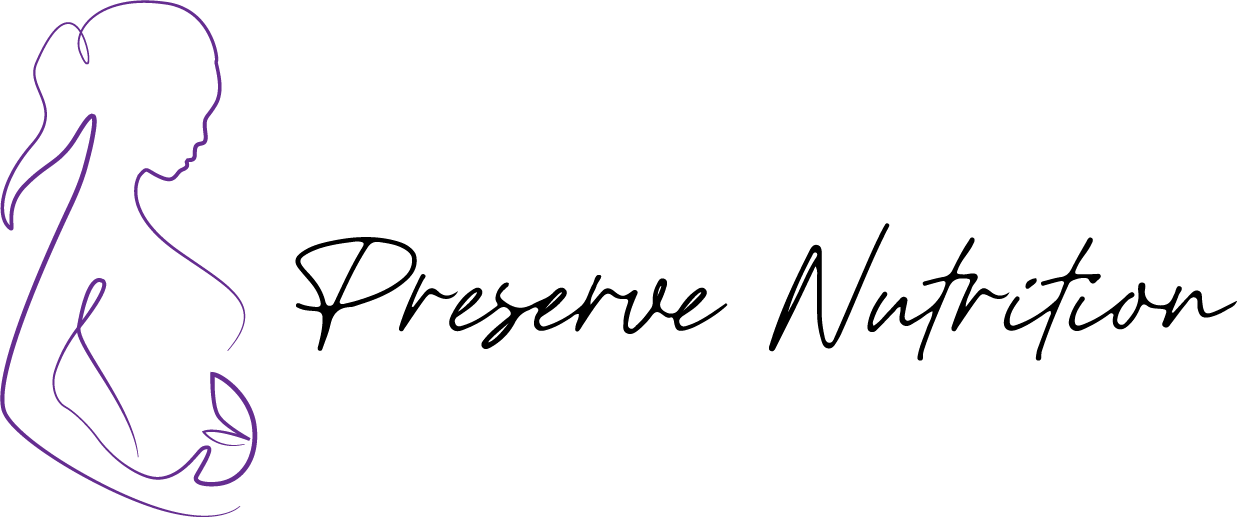It seems every week a food is labelled as good or bad and many vow never to eat it again (or for the next few weeks anyway). But is nutrition advice really that simple?
Here I’m answering some popular nutrition questions. Hopefully you’ll see why it’s not as easy as saying “avoid this”, or “eat that” for better health.
Your Common Nutrition Questions Answered
1. Is Butter Better than Margarine?
A contentious issue is the debate over butter vs. margarine. So which is best? It all depends on what your current diet is like and your medical and family history.
Many Australians consume too much fat from animal products. For this reason margarine is recommended to help reduce the amount of saturated fat you are consuming. Margarine has less saturated fat than butter (28% vs. 50%), has no cholesterol and is better for your heart health.
Butter is fine in moderation if you have good health, no issues with cholesterol, a healthy diet and no family history of heart disease. Whichever option you choose remember that all fats and oils have the highest energy density per gram of any of the macronutrients with 9 calories per gram (carbs and protein have around 4 calories per gram) so use spreads like margarine or butter sparingly.
2. Should You Avoid Refined Grains?
You should try to eat mostly wholegrain or high fibre varieties of grain based foods where possible, BUT this doesn’t mean you have to give up refined grains completely. Try to decrease the amount of refined grains you are eating, by making some simple swaps like white bread for wholegrain bread, white rice for low GI brown rice, white flour for wholemeal or whole-wheat flour. Small, gradual changes to your diet can make big differences to your long-term health.
3. Is it Important to Cut out Potatoes?
You don’t need to cut out potatoes to lose weight. 100g of potatoes have around 67 calories, this is similar to green peas (72 calories per 100g). It’s often how they are cooked that is the problem. Turning potatoes into chips and frying them in oil makes the calories skyrocket (231 calories per 100g), or adding butter and milk to make mashed potato. Potatoes are a healthy part of a balanced diet so there is no need to cut them out. The best ways to cook them are steaming, boiling or baking (using oil sparingly) to keep the calories in check.
4. Will You Lose Weight if you Avoid Dairy?
For some reason dairy is often one of the first foods to be cut from your diet if you are trying to lose weight, but it’s not necessary. Dairy is a source of protein, which plays an important role in weight loss and can help to keep you fuller for longer. You should aim to include 2-3 serves of dairy a day: this may include 1 cup of reduced fat milk after a workout to replenish your muscles and rehydrate you, 200g of low fat natural yoghurt as a snack, or 2 slices of hard cheese.
5. When is the ‘Healthy’ option Unhealthy?
Don’t be fooled by the health claims on the front of those food packages. You may read claims like natural, lite, diet, no added sugar, low fat or cholesterol free, but that doesn’t mean they are healthy choices, and it doesn’t mean you should eat more of it! To be sure, turn the packet around and have a look at the food label and ingredients list. As a general rule, if sugar, fat or salt are in the first three ingredients, put it back on the shelf.
* Disclaimer: Content originally published on 12WBT.com


Well balanced advice – thanks!
LikeLike